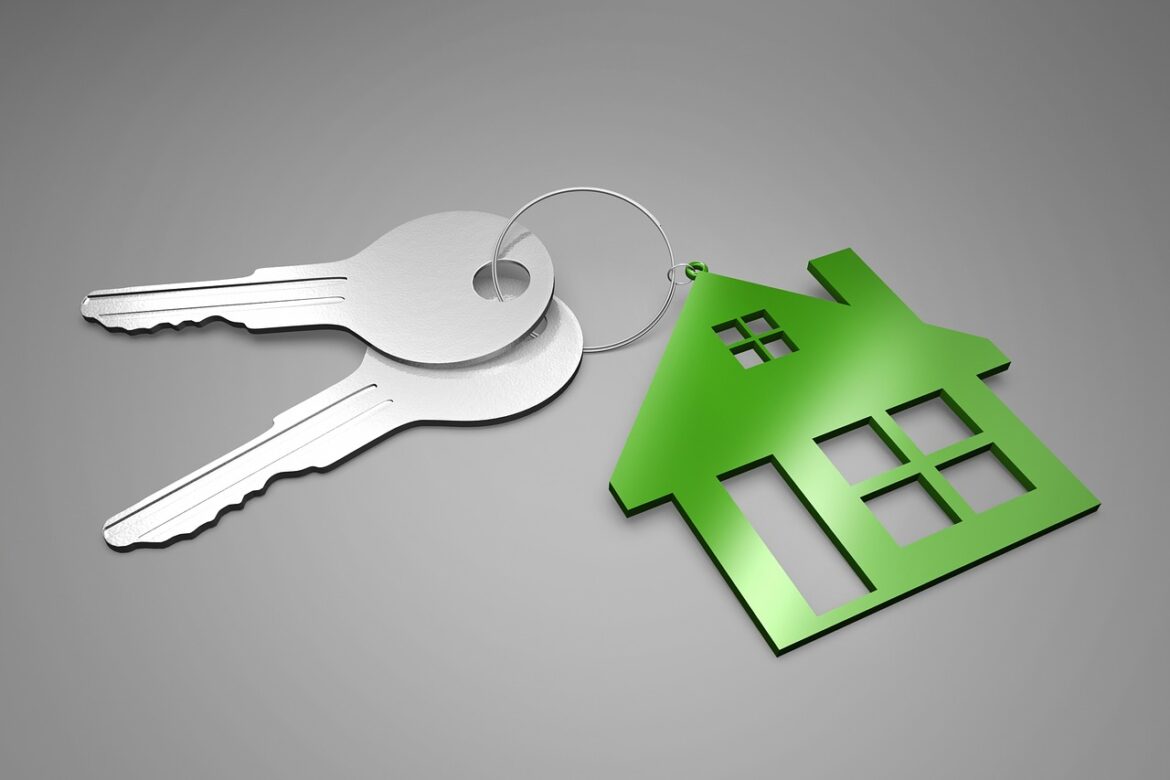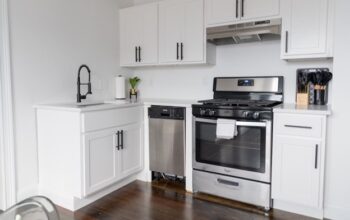Owning rental properties is a great way to build a passive income portfolio. But a lot of people don’t realize that the prospect still requires some hard work upfront to get there. You have to put some time into finding the right property, fixing things that are wrong, getting it up to code, and finding renters. A lot of this work can be outsourced, but you’ll still probably have a hand in getting it organized. So, the question is, is becoming a landlord worth all the time and expense you’ll have to put into it?
The rental market
Before you decide to become a landlord, you should take a look at the current state of the rental market. As early as the start of 2019, experts were already reporting on the shortage of housing available to renters. Contrary to just a few years ago, people are no longer rushing out to buy homes. Instead, they are renting longer and willing to pay higher prices. In some areas, where developers are responding quickly to this need by building more units, rent prices are holding steady. But most areas of the nation simply can’t keep up. This shortage is good news for landlords. If you own decent properties and treat your tenants well, you should have no problem keeping units occupied.
As important as it is to know how the rental market is in the nation, it’s probably more important to understand it in your own neighborhood, or the neighborhood where your property is. And even though some factors are unpredictable, finding this information is fairly easy. One way is by asking around. Talk to other landlords in your community and ask about their occupancy rates and rent amounts. You can also usually get some information from your local housing authority or check out data collected online.
Your duties as a landlord
The responsibilities you will have as a landlord will take time out of your schedule, and you’ll have to decide for yourself whether the time spent is worth the profit you’re getting. A lot of these tasks can be delegated or outsourced, but then you’ll have to figure out how much of your revenue those costs will take. Either way, a few things must be done — some occasionally and some regularly. For example, you’re legally required to provide your tenants with a safe and habitable place to live. Each state has its own version of these laws, but they always include things such as working plumbing, lockable doors and windows, and a sound structure. This means that once you buy a rental property, you’ll need to have it inspected and make sure everything is working right and in good condition. You’ll then have to be prepared to tend to any emergency situations that may arise, such as gas or major water leaks.
Dealing with renters
A key area that many landlords often overlook is that they will have to deal with renters. And if you’re not careful, you can end up with people who damage your property, cause legal problems, and don’t pay their rent on time. While you can never be 100% sure that an applicant will be a good tenant, you have ways to reduce your risk. The main thing you need to do is screen every applicant well with turbotenant software and set strict requirements for acceptance. For many landlords, this includes a credit score of at least 620. A high score may not tell you everything you need to know, but it does indicate that they at least try to be financially responsible. Other things to find out are income, number of occupants, and rental history.
This doesn’t cover all you need to know about being a landlord, but it provides a little insight into the field.



